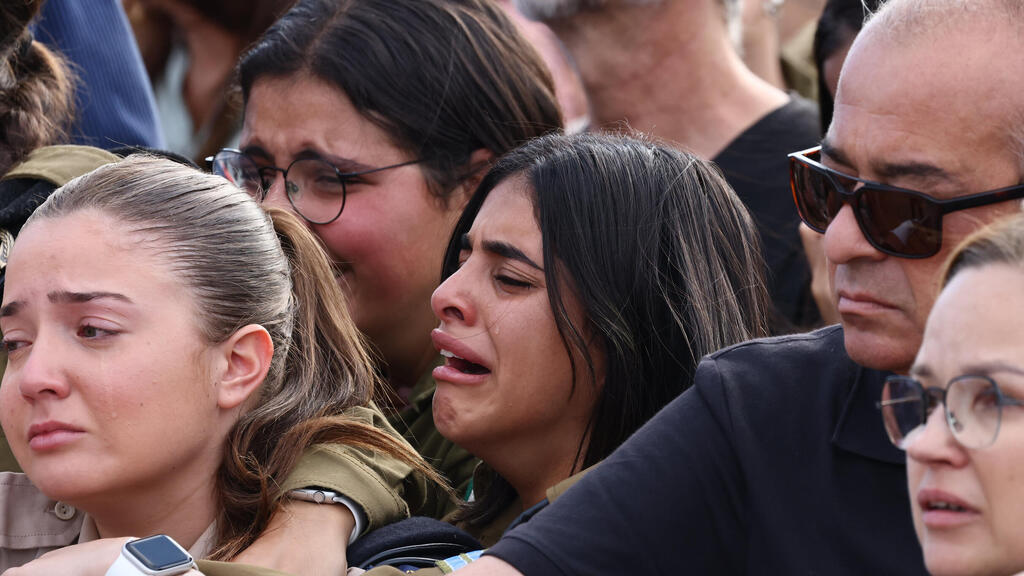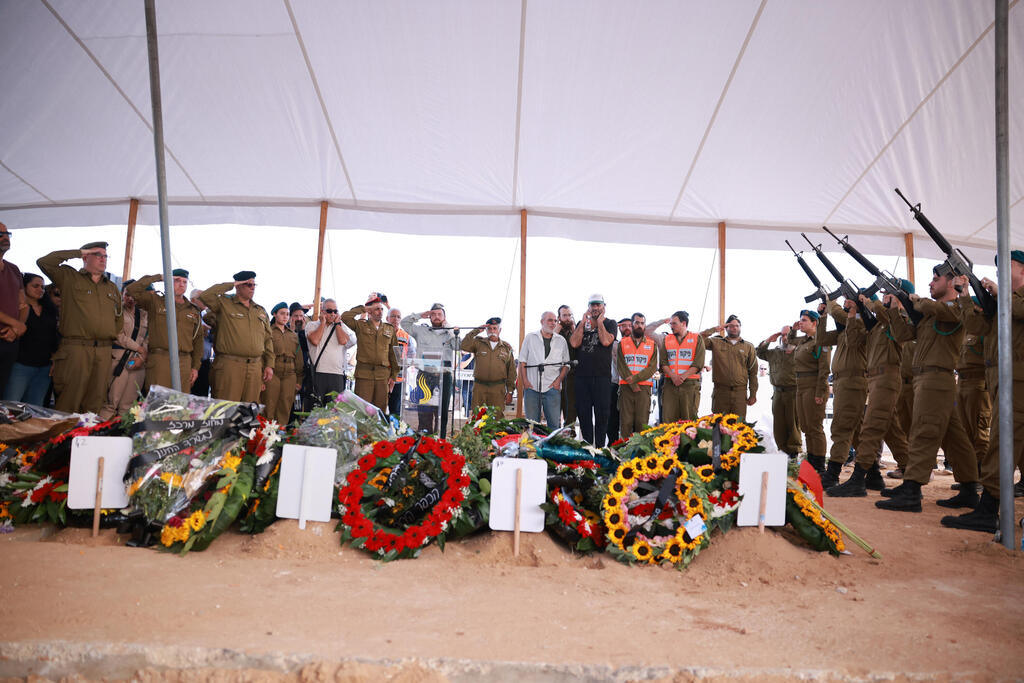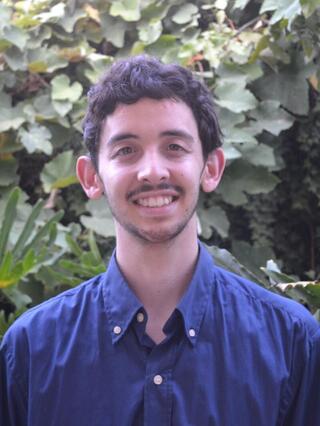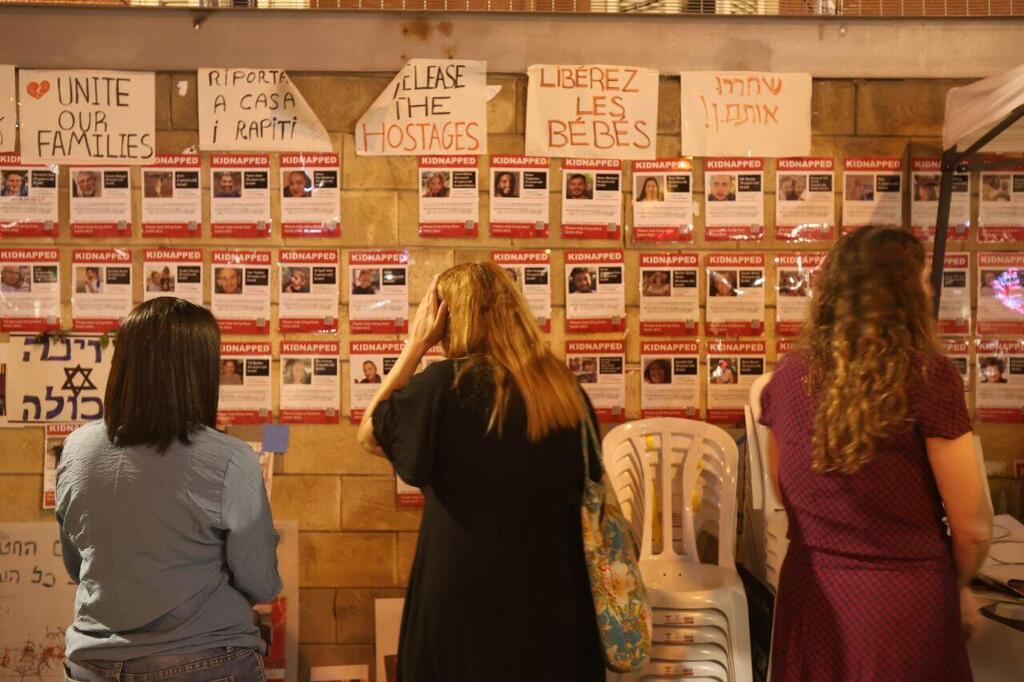Saturday morning was quiet, with most of us not understanding what happened. The news showed another conflict between Palestine and Israel, with many thinking “oh, another one”.
More stories:
I also thought so until the messages started pouring in, “is your family ok?”. One message in the family chat shows my sister baking, with one afterward from my mother telling her to fill all the water bottles. A call to them quickly showed that this was far more serious than what we were, sadly, used to.
This dissonance extends to people both in and out of the warzone. It makes it easier to diminish if not ignore the atrocities, feel that a historical precedent justifies them, say that it’s an eye for an eye as if both sides are equal. You see people on Twitter celebrating horrendous losses and human suffering. Newspapers showing statistics like deaths over the years, put it all into numbers. People argue using numbers, recounting what each side has done over the years, as if being even makes it all ok.
However, at the moment, that’s not what people care about. If you have family that are missing or fighting, or friends that had their neighborhood bombed, they don’t care why they are being bombed. If you see videos of people being abducted, you don’t consider whether they deserve it because of their administration’s actions. You just feel “this is morally wrong and I want to throw a stone.”
Not that throwing a stone is at all the answer, nor should the discussion about the conflict be cast aside. However, is there any defense of the cruelty we are witnessing? This is much more than a battle between troops and terrorists, civilians are stuck between them with hell on both sides. What did they do to deserve this? Many of us are left soul-searching, trying to find a reason for our companions’ suffering.
3 View gallery


Mourners bid farewell to the Kutz family from Kfar Aza who was murdered in the Hamas onslaught
(Photo: Tal Shahar)
This lack of reason is further felt abroad, when you can only look and hear from afar what is going on. Last night, I met with a group of people from back home, where we sat and vented about our feelings. One girl remarked that by the end of this, we will all know someone who died. It felt unfair – that the world was continuing to go round, that it was a nice day, that people either didn’t understand or didn’t care. You can understand them – after all, we didn’t initially understand either.
But that’s the feeling one’s left with – the world doesn’t understand. There were close friends who did not send messages. Some did but didn’t understand the situation. You saw people on social media posting about praying for this side or that side without taking any action, with the next post being about the usual – some person being promoted or publishing something, another news article, gossip, all intermixed. Meanwhile, I get a phone call from my mother crying, asking if I heard the news. Someone I knew just died.
3 View gallery


Funeral of the Kutz family from Kfar Aza who was murdered in the Hamas onslaught
(Photo: Tal Shahar)
People don’t know how to deal with these situations. Often I didn’t know either – when a friend of yours has dinner with you one minute and the next hears about a loved one being killed, how are you supposed to react? How can you approach someone who can have so many different emotions boiling in them at once? Many didn’t understand and approached naively – asking about irrelevant everyday matters, asking hesitantly “how are you doing?”, not knowing how to respond to the answer they’d get. None were ill-meaning, just ignorant at most.
 Yonatan GideoniPhoto: Noya Gideoni
Yonatan GideoniPhoto: Noya GideoniHow are you supposed to continue living when friends back home are being killed? You understand that you should do what you can to help and otherwise go on with your life; crying and suffering help no one, especially not you. However, there’s a difference between understanding what should be done and doing it. There are no right answers – either you slept and felt guilty about it or didn’t sleep at all. It was absurd – the activists among us would sometimes wait on contacting donors because we had a class to attend, although it’s clear which is more important. You try and persist through the absurdity, retaining some form of normality almost by instinct.
Detachment is almost the natural response. With all these events going on over our lifetime – COVID, the war in Ukraine, and now this – disconnecting is the easy solution. Still, it’s possible to engage without drowning in the disaster. Whether it’s asking a friend if they’re okay, learning more about what’s going on, or just trying to understand so next time the topic arises you’ll be more informed. You can ask someone how they’re doing even if you don’t support “their side”. In the end, this is a humanitarian disaster before all.
- Yonatan Gideoni, PhD in Machine Learning, Israel 2023 Rhodes Scholar
Clip from the video released by IDF, blurred due to the nature of the hard-to-watch scenes





